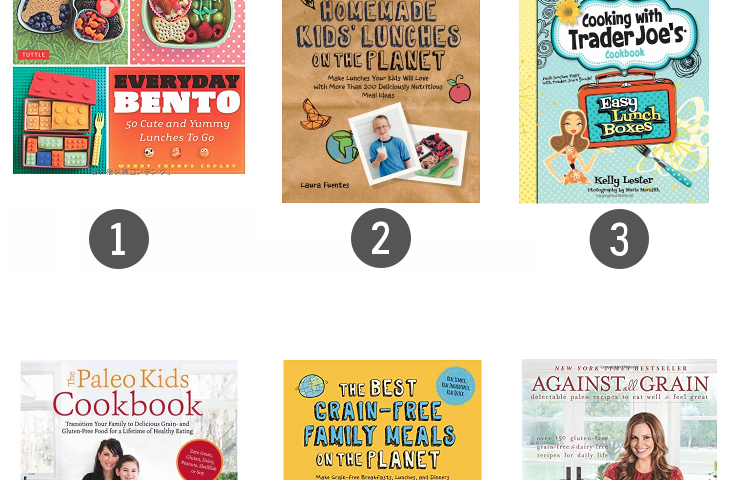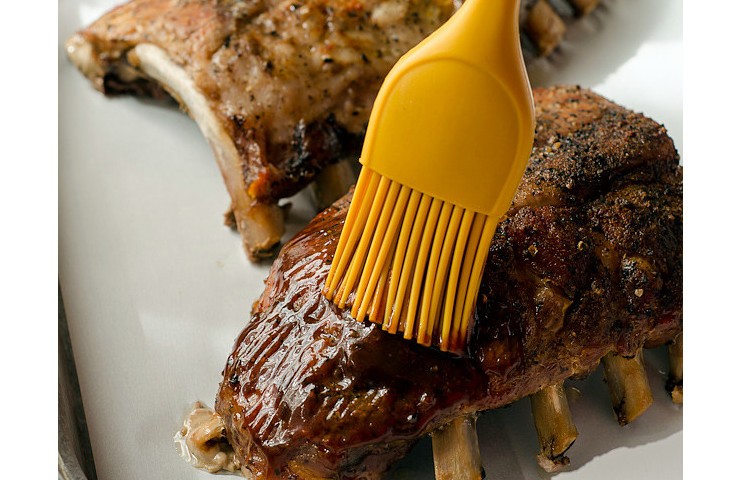My children are 5, 3, and 1. So, why on earth am I posting today about underage drinking?
Because, today …
→ Many more young people use alcohol than tobacco or illegal drugs.
The average age when our children have their first drink is 11-12 years old.
- 10 percent of 12-year-olds say they have used alcohol at least once.
- By age 13 that number doubles.
- And by age 15, approximately 50 percent have had at least one drink.
- By age 18, more than 70 percent of teens have had at least one drink.
75% of teens try alcohol outside the home before graduating from high school.
43% of high school seniors have drunk alcohol in the past 30 days.
What’s so wrong with underage drinking?
The number “21” wasn’t randomly, arbitrarily chosen.
Crucial brain development continues into a person’s early 20s. During adolescent and teenage years, drinking alcohol damages short and long-term brain growth and that damage can be permanent.
Underage drinkers people are at a greater risk for (1) developing alcoholism more quickly and at a younger age and (2) more susceptible to dealing with chronic/relapsing alcoholism.
Plus, younger drinkers (because those areas of their brain that control decision making aren’t as mature) tend to drink MORE alcohol at a time than adults, leading to more possibilities of binging (equivalent of 5 drinks for males and 4 for females) and easily experiencing alcohol poisoning and/or death.
Furthermore, underage drinkers are more likely (when compared to teens and young adults who do not drink) to:
- Die in a car crash
- Get pregnant
- Flunk school
- Be sexually assaulted
- Become an alcoholic later in life
- Take their own life through suicide
Parents DO Matter: Talking to Teens is the most Effective Preventative.
The risks that come with underage drinking are just too great to ignore. And don’t think that these risks go away if you — as the parent — “facilitate” or oversee your child’s alcohol consumption. Drinking at home or with parental approval doesn’t erase the short and long-term effects on a teen’s body or brain. It just doesn’t.
April 21 is PowerTalk 21 Day – the national day for parents to talk with their teens about alcohol. Research shows parents are the biggest influence on teens’ decisions about alcohol. For more information, visit madd.org/powerofparents
You don’t have to go into it unprepared. MAAD® has put together numerous resources to help you know how to talk to you kids in a way to which they’ll listen.
Power of Parents Handbook
Seven Tips for Connecting with Your Teen
Steps You Can Take
This is a sponsored conversation written by me on behalf of MADD Texas. The opinions and text are all mine.















